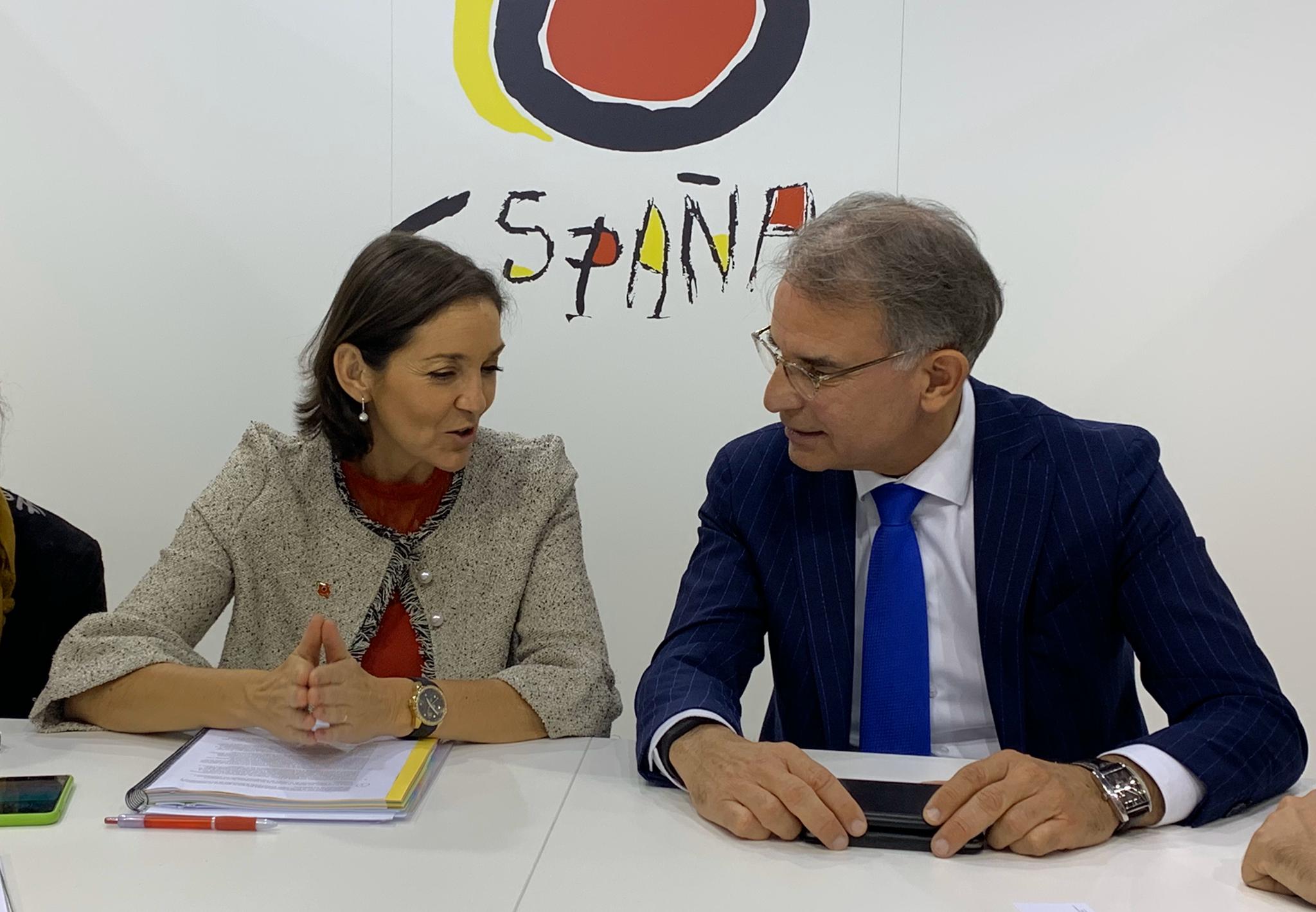The Ministry of Industry, Commerce and Tourism, through the Ministry of Tourism, has chosen the Region of Ambroz Valley, in Extremadura, as the winning destination of the EDEN Awards, European Destinations of Excellence (European Destinations of Excellence) .
These awards seek to attract attention to those emerging destinations whose development is consistent with the principles of social, cultural and environmental sustainability.
In this ninth edition, the European Commission, together with the corresponding national tourism institutions, has decided to value "health and wellness tourism". Candidate destinations have presented projects that offer authentic tourist experiences and develop sustainable social, cultural and environmental management with this theme as the main base.
After analyzing the applications received, the Ministry of Tourism has determined that the winning destination is "Valle del Ambroz, destination of Health and Welfare", formed by the municipalities of Extremadura, Abadía, Aldeanueva del Camino, Baños de Montemayor, Casas del Monte , La Garganta, Choker, Hervás and Segura de Toro.
Valle del Ambroz will receive the EDEN award at a ceremony to be held in Madrid in Fitur. Subsequently, the Extremaduran destination will participate in the European Awards Ceremony to be organized by the European Commission in Brussels in April 2020.


